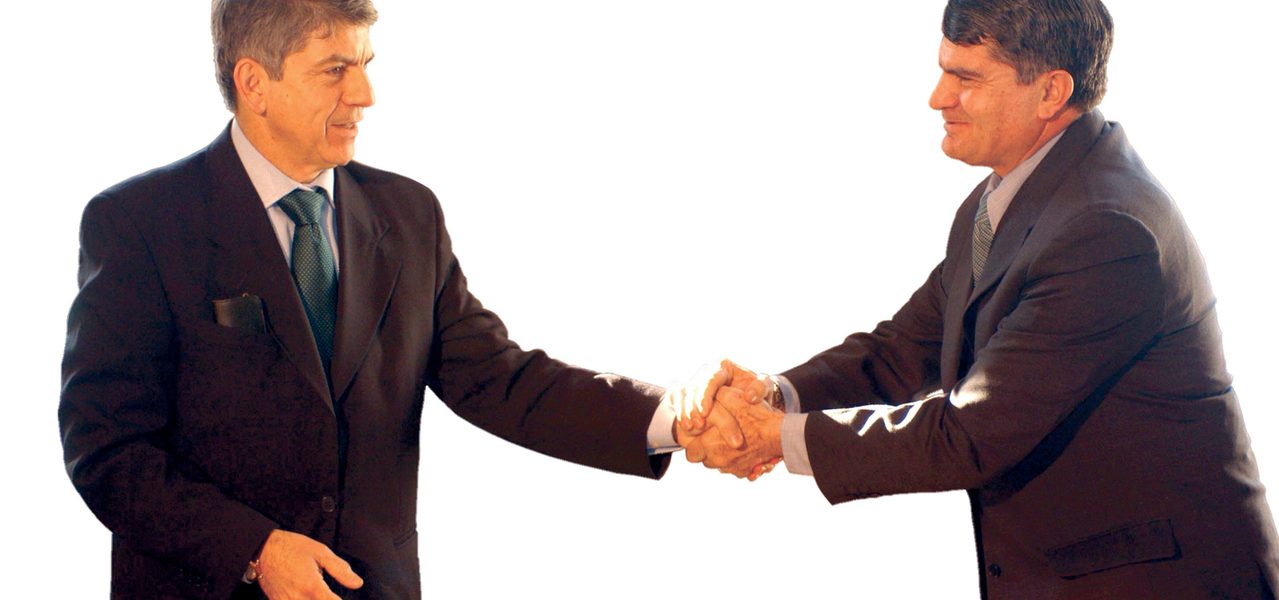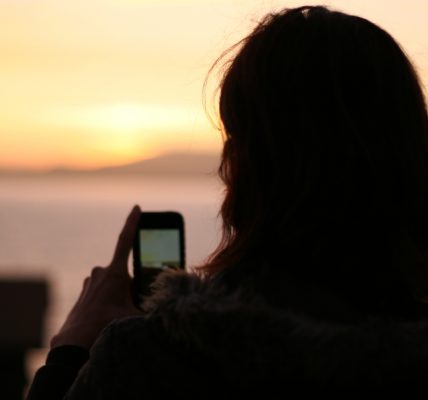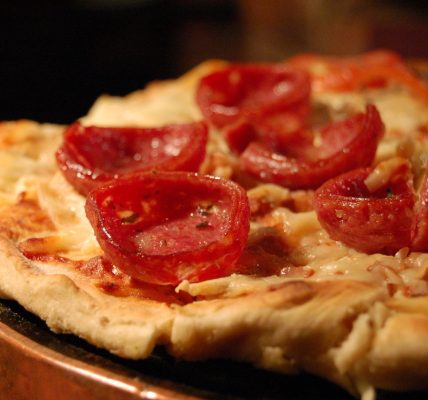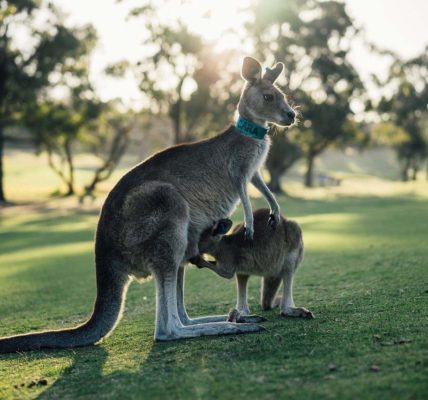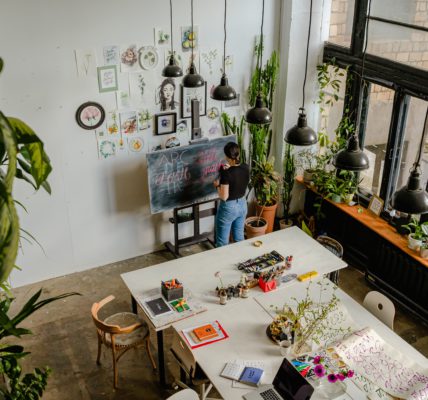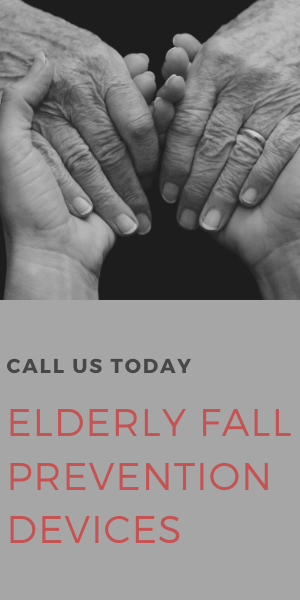Covid-19 has fundamentally changed the way we socialize, and bodily greetings with potential to spread the virus are one of its cultural casualties. However, the ways people around the world are adapting to the new reality implies that we have not yet lost the human desire to say “hello”.
From the brand-new elbow bump employed by US politicians to the early, clasped-palmed Indian “namaste”, the ways people are reshaping their greetings for coronavirus also reveal insights into their respective cultures. To discover more, we talked to locals in two countries about the cultural importance of traditional greetings and how Covid-19 is altering them.
A week ahead of the World Health Organisation announced Covid-19 a pandemic on 11 March, native Maori groups across New Zealand had educated their members across the country to prevent greeting each other with the traditional greeting, where two people press their noses and foreheads together.
Turkish greetings reflect the nation’s Islamic heritage, hospitable culture and the social function of elders. Young people will grip the hands of an elder relative, kiss it and then touch it to their forehead, especially during holiday times. Standard among colleagues, friends, and even new acquaintances is the double-cheek kiss.

